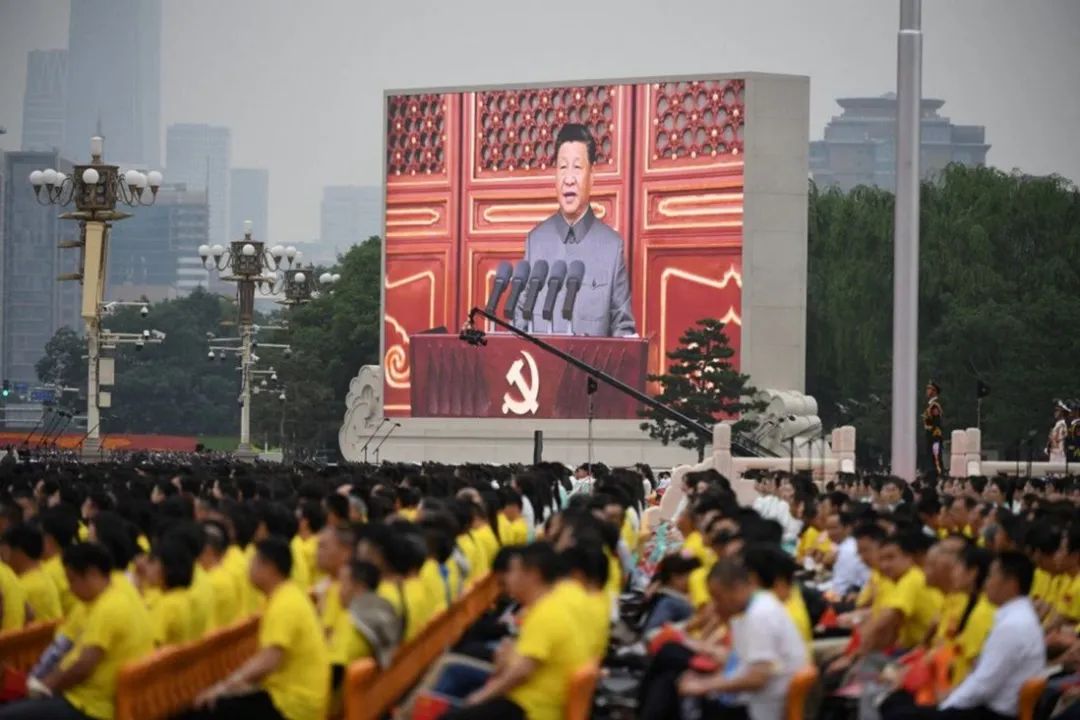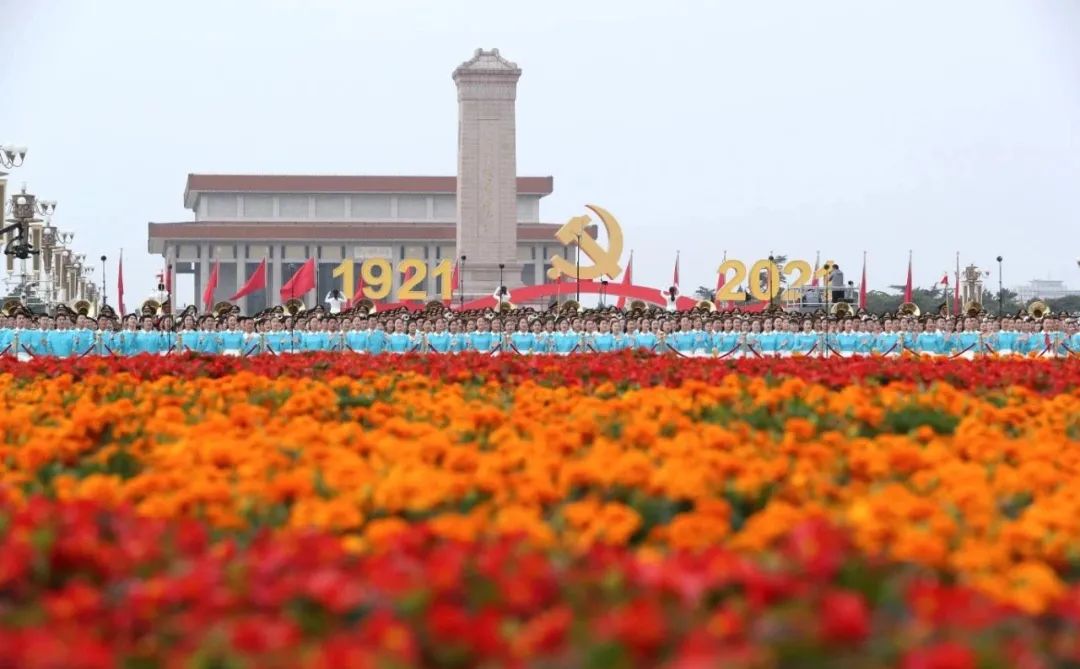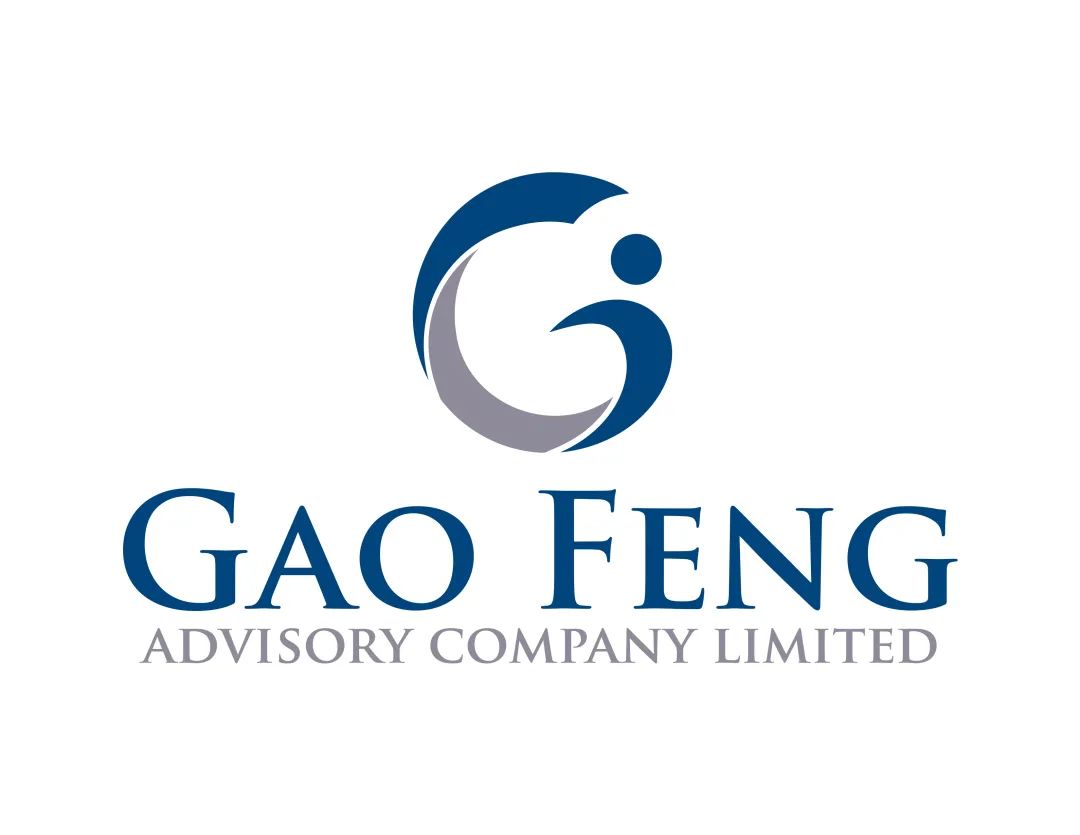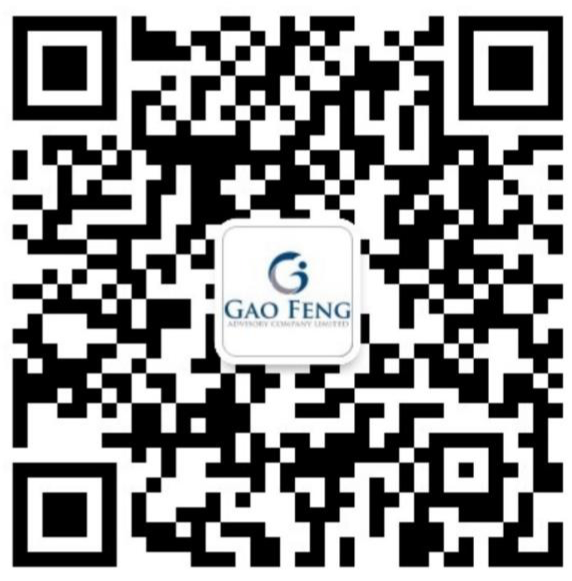SCMP | Understanding China's Goals

By Edward Tse
2021-8-1
Originally published on South China Morning Post with title "What the West Needs to Know About Where Modern China is Headed" on August 1, 2021. All rights reserved.
China is building a modern socialist state with Chinese characteristics. The paradigm shift of reform and opening is now spearheaded by innovation, while historical Chinese experience is applied in the context of the current global environment.
In rejuvenating the Chinese nation, the goal is to become a modern society of common prosperity, capable of defending national sovereignty and helping to ensure global stability.
In recent years, the prevailing Western view of China has undergone a fundamental shift. China is increasingly seen as a challenge to what the West terms the “liberal international order”.
In the heat of rhetoric, this challenge is often cast as an existential threat posed by China with malign intent, which calls for an equally hostile response. This scenario has the potential to be a self-fulfilling prophecy, leading to possible real conflict. To manage the rivalry, it is important for the West, especially the United States, to understand the goals of China and their underlying drivers.
China’s gross domestic product grew 12.7 per cent in the first half of 2021, and average GDP growth for the past two years was 5.3 per cent, despite the pandemic.
China’s international trade and foreign direct investment continue to increase and it is now a “moderately affluent society”, having eradicated extreme poverty.
In parallel, the Chinese people’s support for their government is very high. An overwhelming 98 per cent of Chinese citizens say they trust the national government, according to a recent survey by York University of Canada.
According to a new study by the Japan Centre for Economic Research, China’s economy will exceed that of the US by around 2028. How would the US (and the rest of the West) deal with a world in which China is the leading economic power?
The People’s Republic of China began its reform and opening up under Deng Xiaoping at the end of the 1970s. While retaining the key features of the state planning system, Deng began to experiment with elements of a market economy, including bringing back entrepreneurship.

Entrepreneurship is now a key component of economic growth. China is no longer just a state economy: the private sector too has become very significant.
The central government continues to steer the economy and maintain a sustainable pace of development. Building on more than a decade of innovation, Chinese entrepreneurs played a major role in bringing to fruition the central government’s 2014 policy on encouraging mass entrepreneurship and innovation.
Local governments often act as bridges between the central government and entrepreneurs. Leading local governments frequently provide funding for businesses and follow strategies that support directives set by the central government.
In addition, in China’s dual economic structure, state-owned enterprises and privately-owned enterprises coexist and have a rather symbiotic relationship, despite occasional conflict.
This is because SOEs provide public goods and services like infrastructure, the best example of which is the high-speed rail network that is now the world’s most extensive. SOEs do not evaluate infrastructure projects only for economic viability but also for enhancement of public utilities. Chinese people and businesses, as well as foreign companies, benefit from this approach.
Some call this a “whole-of-nation approach”, which allows the mobilisation of resources from across the country for specific purposes. A pragmatic balance is maintained between collective responsibility and individual objectives. While the state drives the sense of collective purpose through SOEs, entrepreneurs are allowed and in fact encouraged to succeed against a certain state-driven rules-based order.
In a speech marking the centenary of the Communist Party on July 1, President Xi Jinping mentioned the importance of “learning from history to create a bright future”. He also said: “We must continue to adapt the basic tenets of Marxism to China’s specific realities and its fine traditional culture.”
This epitomises how China is searching for its own brand of modernity, while keeping the “whole-of-nation approach”.
When thinking of the future, China surveys its rich past also. China is attached to traditional ways, yet open to imported ideas such as Marxism and, to a reasonable degree, capitalism. It adheres to the principles of socialism, but also embraces the dynamism of a market economy.
Focused on the “great rejuvenation of the Chinese nation”, it also advocates a “shared future for mankind”.
There is a concept of duality (yin and yang) but also a sense of oneness in Chinese culture, which has not only absorbed foreign schools of thought like Buddhism, but also merged multiple strands of Chinese thinking such as Confucianism, Daoism and Mohism rather seamlessly; this has shaped Chinese civilisation for more a thousand years, according to Professor Wang Gungwu of the National University of Singapore.
Thus, modern China will be able to search for its own brand of modernity, while addressing the many dimensions of this quest.
This context ensures that China can continue to navigate the future in an inclusive manner and grow socially, economically and politically, with various types of experiments along the way.
The Chinese will continue to discover and adopt more novel ideas in science and technology, as well as in economic development. Along with these changes, China’s value system and soft power will also gain increasing recognition.
Western policymakers and elites need to study these phenomena, the historical context and the future implications in their own interest.
About the Author
Dr. Edward Tse is founder and CEO, Gao Feng Advisory Company, a founding Governor of Hong Kong Institution for International Finance, Adjunct Professor of School of Business Administration at Chinese University of Hong Kong and Professor of Managerial Practice at Cheung Kong Graduate School of Business. One of the pioneers in China’s management consulting industry, he built and ran the Greater China operations of two leading international management consulting firms (BCG and Booz) for a period of 20 years. He has consulted to hundreds of companies, investors, start-ups, and public-sector organizations (both headquartered in and outside of China) on all critical aspects of business in China and China for the world. He also consulted to a number of Chinese local governments on strategies, state-owned enterprise reform and Chinese companies going overseas, as well as to the World Bank and the Asian Development Bank. He is the author of several hundred articles and five books including both award-winning The China Strategy (2010) and China’s Disruptors (2015), as well as 《竞争新边界》 (The New Frontier of Competition), which was co-authored with Yu Huang (2020). He holds a SM and s SB in Civil Engineering from the Massachusetts Institute of Technology, as well as a PhD and an MBA from University of California, Berkeley.


Gao Feng Advisory
Gao Feng Advisory Company is a professional strategy and management consulting firm with roots in China coupled with global vision, capabilities, and a broad resources network
Wechat Official Account:Gaofengadv
Shanghai Office
Tel: +86 021-63339611
Fax: +86 021-63267808
Hong Kong Office
Tel: +852 39598856
Fax: +852 25883499
Beijing Office
Tel: +86 010-84418422
Fax: +86 010-84418423
E-Mail: info@gaofengadv.com
Website: www.gaofengadv.com
Weibo: 高风咨询公司
